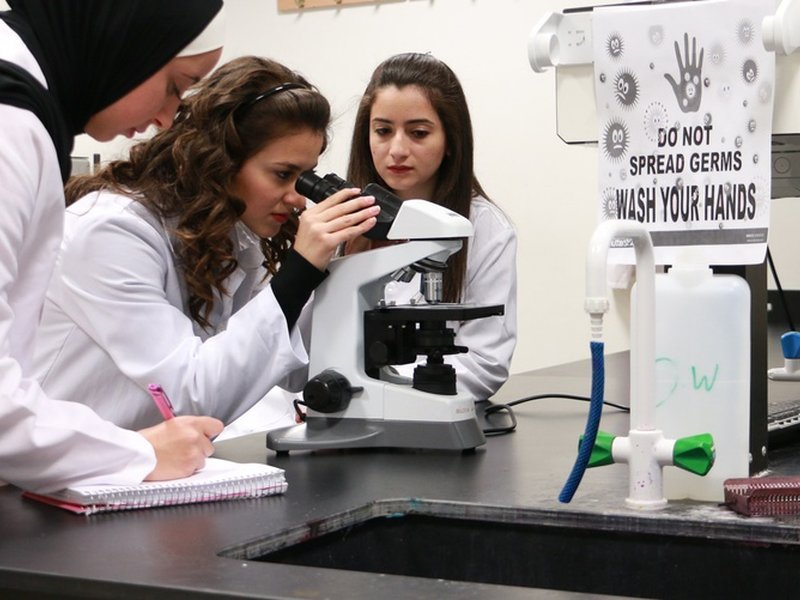Studying teaching methods and educational curricula in the field of medical education
Medical education
Research Interests
The Medical Education Group is a research group aimed at studying teaching methods and educational curricula in the field of medical education. It focuses on improving and developing teaching methods, educational curricula, and enhancing the effectiveness of medical education in preparing students to face healthcare challenges.

Research in Medical Education focuses on improving the methods and effectiveness of teaching and learning in healthcare-related fields. The aim is to enhance the quality of education for medical professionals, from students to practitioners. Below are some key areas of research interest within Medical Education:
1. Curriculum Development and Innovation
- Designing, evaluating, and improving medical curricula to ensure they are up-to-date, comprehensive, and effective in preparing students for real-world practice.
- Incorporating new subjects like digital health, artificial intelligence in healthcare, and social determinants of health.
- Example: Developing problem-based learning (PBL) or competency-based medical education (CBME) models.
2. Teaching Methods and Pedagogical Strategies
- Investigating and optimizing teaching methods such as active learning, flipped classrooms, simulation-based education, and online learning platforms.
- Exploring the effectiveness of different instructional strategies (e.g., lectures, small group teaching, clinical placements).
- Example: Evaluating the use of virtual patients or standardized patients in medical training.
3. Assessment and Evaluation
- Developing new methods to assess students' clinical competence, knowledge, skills, and attitudes.
- Researching objective structured clinical examinations (OSCEs), formative assessments, peer assessments, and digital assessments.
- Example: Investigating the effectiveness of formative feedback in improving student performance.
4. Simulation-Based Education
- Exploring the use of high-fidelity simulation to teach clinical skills, decision-making, and teamwork.
- Studying the impact of simulation on improving patient outcomes and clinical competence.
- Example: Research on using virtual reality (VR) or augmented reality (AR) for medical training.
5. Interprofessional Education
- Investigating collaborative learning among healthcare professionals, such as physicians, nurses, pharmacists, and allied health professionals.
- Aiming to improve communication, teamwork, and patient-centered care by fostering mutual understanding and respect.
- Example: Studying the impact of interprofessional training on reducing medical errors or improving patient care.

________________________________________________________________________________________________
Is Metaverse in education a blessing or a curse: a combined content and bibliometric analysis








